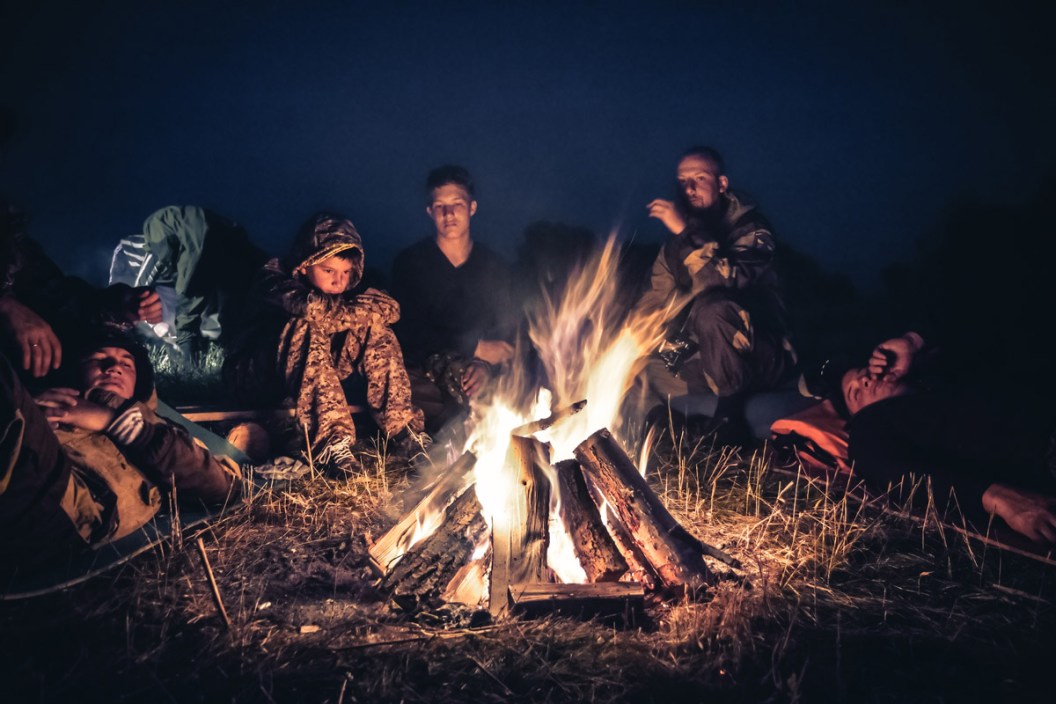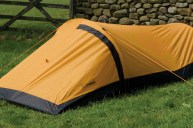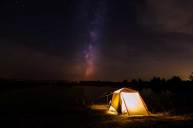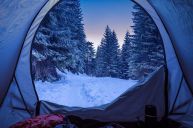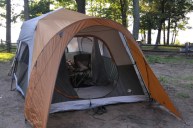Many big game hunters, such as those preparing for an elk hunt, choose to set up camp in the backcountry rather than return to a cabin each night. Camping in the backcountry is not only generally more affordable than a cabin (after the initial investment in camping gear), but a backcountry hunting trip provides a raw, remote experience you won't soon forget. You'll be sleeping and eating right in the animal's habitat, giving you an inside look into the game animal's life.
However, turning a hunting trip into a camping trip takes some know-how. You'll need extra time to prepare for your hunt to make sure you stay safe while remaining close to your game. Get started planning your trip by going over these basics of a backcountry hunting trip.
Plan and Research
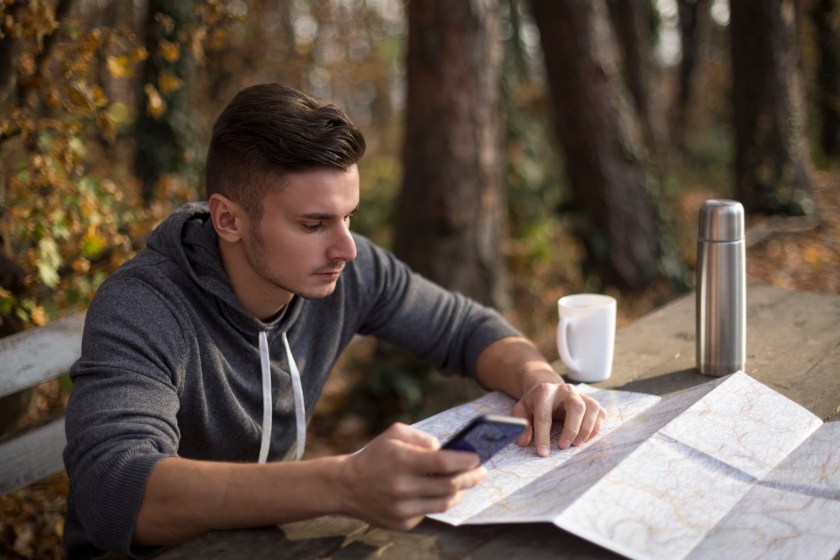
Getty Images, Goads Agency
Camping in the backcountry, whether for hunting or not, some with its own risk-management needs. Backcountry camping is often in remote areas, without cell service. Camping and hunting on their own can be inherently dangerous, and you'll want to make sure you can make a 9-1-1 call if needed. Plan on carrying a satellite phone, so you can call for help anywhere.
You'll also want to research where you'll be camping before showing up. If you're using a designated campground, check to see if each camping area has fire rings, power hook-ups, or picnic tables. If you're roughing it in the true backcountry, like in a state park or on BLM land, be certain that you can legally camp in the area, and if any permits are needed.
Lastly, if you're hiking in rather than hunting near your vehicle, make sure you have a plan to prepare and pack out any animals you take. You don't want to waste any meat just because you didn't think ahead to how you were going to recover an animal.
Types of Backcountry Hunting Camps
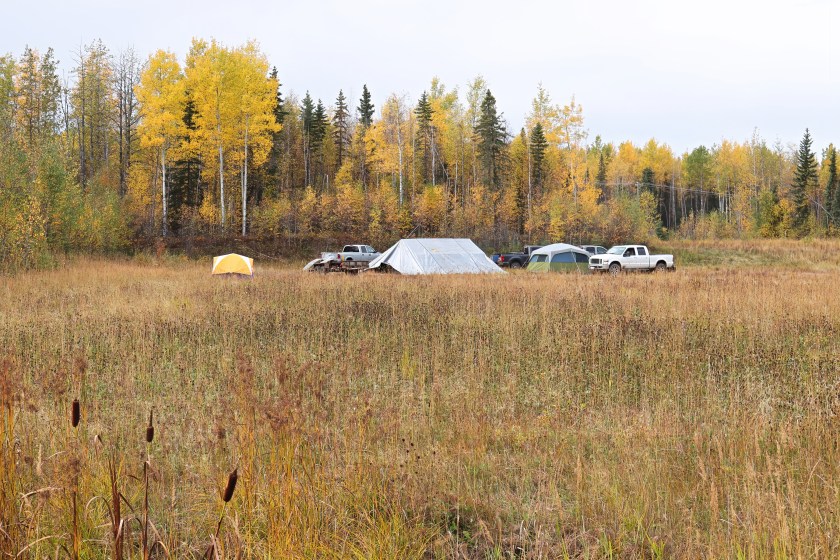
Getty Images, Akchamczuk
The best location and type of campsite for a hunting trip can vary greatly depending on the quarry you're pursuing, the time of year, your physical condition, and the backcountry terrain you're dealing with. There are three main types of campsites backcountry hunters employ.
Bivy Camp
A bivy camp is the absolute barest of bones for a backcountry hunting trip. Typically, all it involves is a tiny shelter, or bivy sack, that only fits your sleeping bag. If you don't want to be tied to a singular location, this completely mobile form of camping might be for you, especially if you're planning on going deep into the backcountry, where every ounce of weight counts.
Bivy camps can also be great for trips when you're not planning on spending much time in camp. They aren't the most comfortable in poor weather, though.
Basecamp
A basecamp is a single camp that you set up and come back to each night. Because you aren't schlepping your gear everywhere, you can bring more food, a camp kitchen, gear, and the comforts of home along with you to your campsite. You can even use an RV as a hunting basecamp.
The weight and bulk of your gear aren't as much of a concern, so you can bring whatever you need to be better prepared for any situation. Bad-weather days are a lot more comfortable in a basecamp than a bivy camp. However, you're tied to one spot, which could mean extra-long treks each day if you need to range farther afield looking for animals.
Spike Camp
A middle-of-the-road option is a spike camp. Spike camps put you closer to your hunting ground than a basecamp, but you're traveling lighter than you would with a full-on basecamp. For example, you'll likely be leaving the coolers and camp kitchens at home.
You typically return to a spike camp each night, but it's more mobile than a basecamp, and more comfortable than a bivy camp.
How to Locate Your Campsite
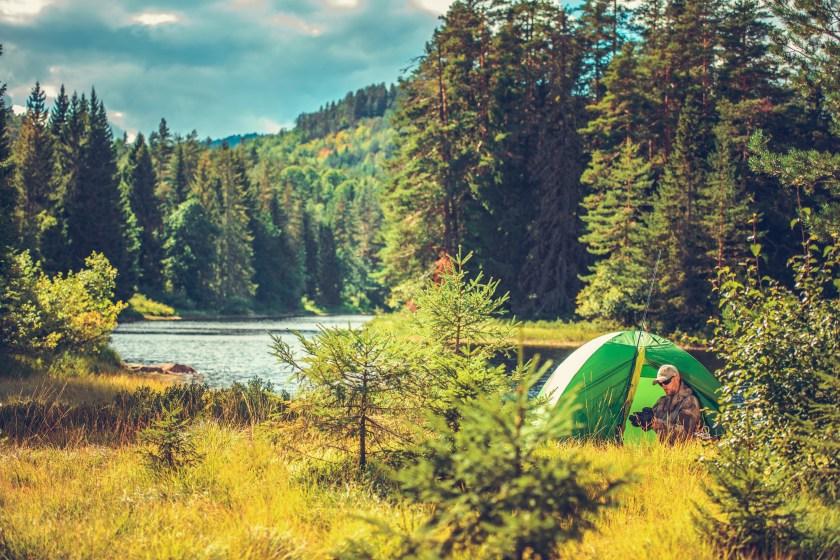
Getty Images, welcomia
Regardless of the type of backcountry hunting camp you choose, you'll want to be careful when selecting your campsite, so you only have to set it up once. You'll want to find a location that's close enough to the place you want to hunt that you can make the roundtrip trek in a day, but not so close that you're sleeping in the center of a prime spot-and-stalk area.
Look for a location with flat, even ground that's slightly elevated from the area surrounding it so you don't have to worry about water rushing into your tent should it rain. Camp on durable surfaces, like rock or gravel, to reduce your impact on the environment and "Leave No Trace." Being close to running water will also make water collection for cooking and drinking a lot easier.
Setting Up Camp
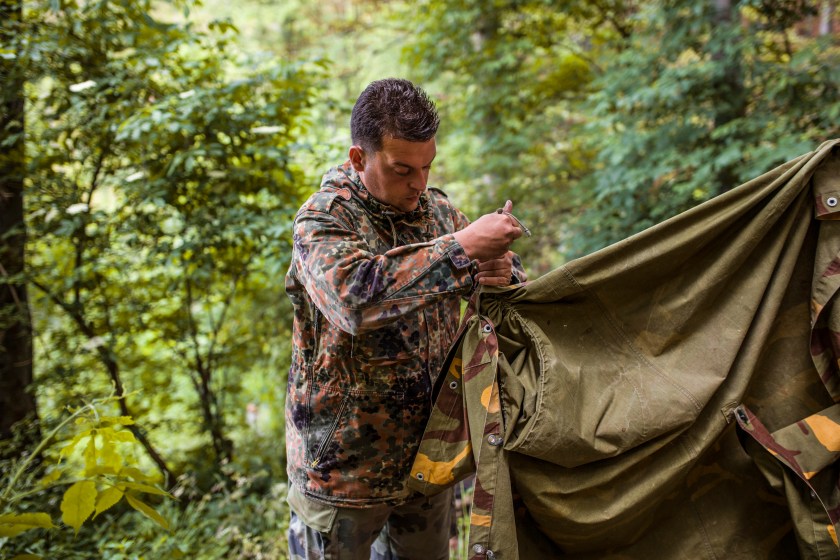
Getty Images, Viktorcvetkovic
Once you've chosen the perfect spot, it's time to set up your tent or shelter. Hopefully, you've practiced this at home so you're not doing a trial run in the backcountry. Make sure that everything is secured and zipped up anytime you're not near it, just in case inclement weather rolls in.
If you're camping in bear country, you'll also want to secure your food and cooking equipment well away from camp, so you don't attract any bears to your tent. Bear canisters keep your food safe from wandering bruins. Even if you aren't in bear territory, it's best to keep your food well stored; mice and other rodents have been known to chew through tents and backpacks to get at food.
Once you're all set up, you'll want to collect water and firewood (assuming no burn bans in your area). If you have a fire, make sure you follow proper campfire safety, so as not to start any wildfires.
By prepping things like water collection and firewood, you're saving yourself some time and energy when you come back from a long day of hunting.
Getting The Right Gear
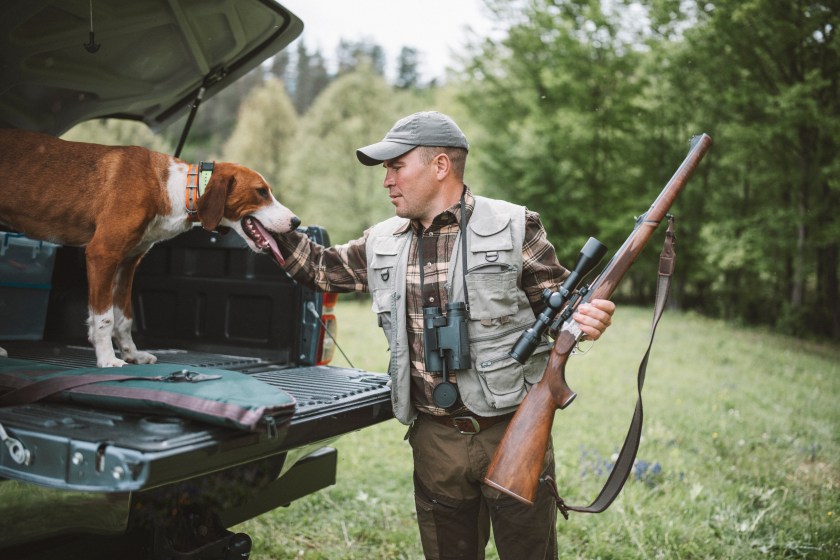
Getty Images, ArtistGNDphotography
Your choice of gear can make or break your hunt. For a bivy camp, in particular, you'll want to choose high-quality, ultralight gear, as you'll be carrying it on your back most days. This includes everything from your tent to your sleeping pad or sleeping bag, pack, apparel, hunting camp meals, field dressing tools, first aid kit, and water purification device.
Stick to reputable gear manufacturers dedicated to outfitting hunters for this type of pursuit, particularly if you're packing everything in. Some trusted names include Stone Glacier for sleeping bags and tents, KUIU for featherlight apparel, and Mystery Ranch for dependable frame packs.
If you're setting up camp for a whole week or more, your gear options are a little more flexible, but you still want to choose products you can depend on and that can stand up to harsh conditions.
Expanding Your Options
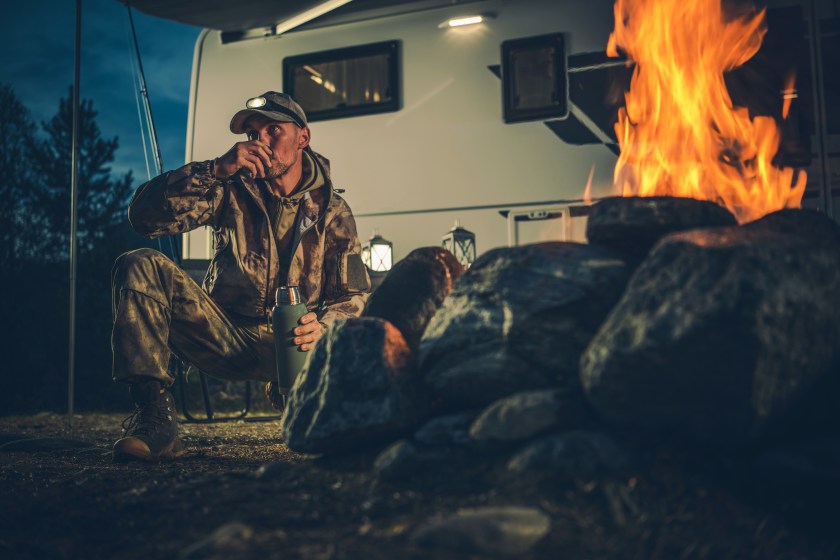
Getty Images, welcomia
An increasingly popular choice for not-so-backcountry hunters is RV camping. This versatile option allows you to pick up your campsite and move at any time, maintain access to running water, accommodate several hunting buddies, and enjoy home-cooked meals each night.
RV camping not the best choice for all types of hunters and pursuits, but it's a viable option for many. If you're a whitetail hunter who wants to stay mobile but still have access to a scent-killing shower, consider an RV for your camping experience.
And if buying is out of your budget, take the cheaper route and rent an RV. Hunters everywhere are realizing the value of combining their camper or travel rig with their housing for the week, skipping any costs associated with motel stays and restaurant meals.
Several online services now allow you to rent a variety of RV models based on your needs for as low as $75 per night. Split that with your hunting partners, and it's certainly a bargain.
READ MORE: 6 Signs You Need a New Deer Hunting Spot
